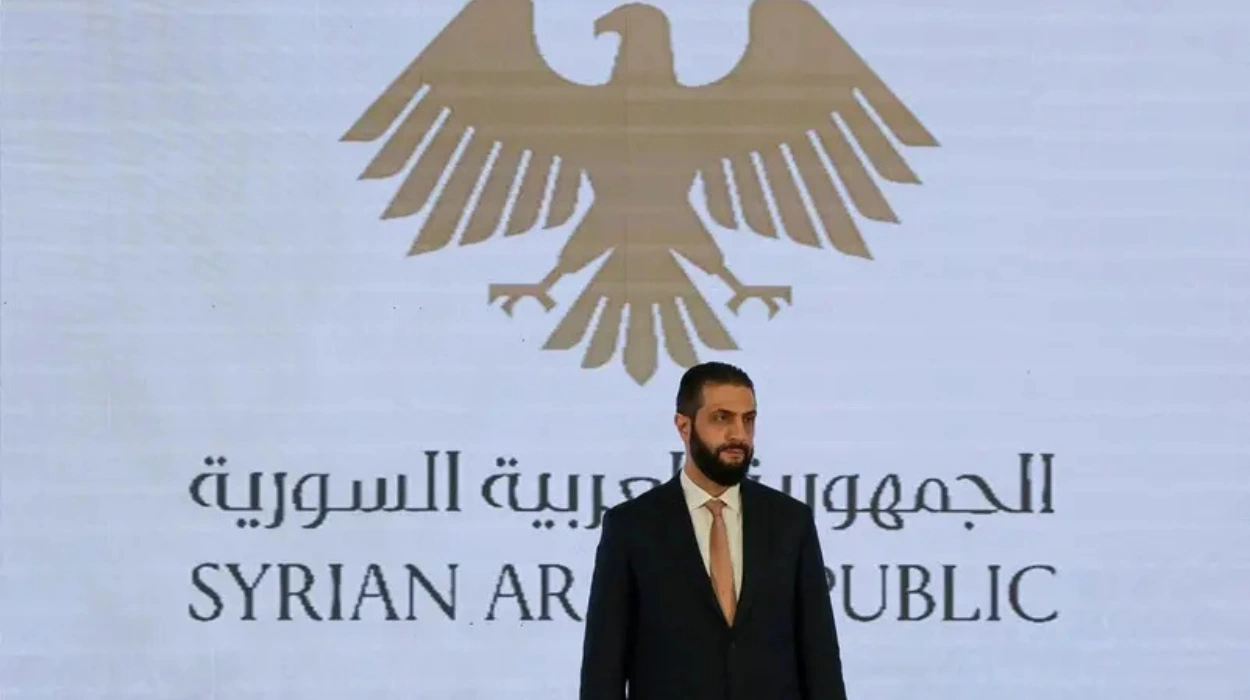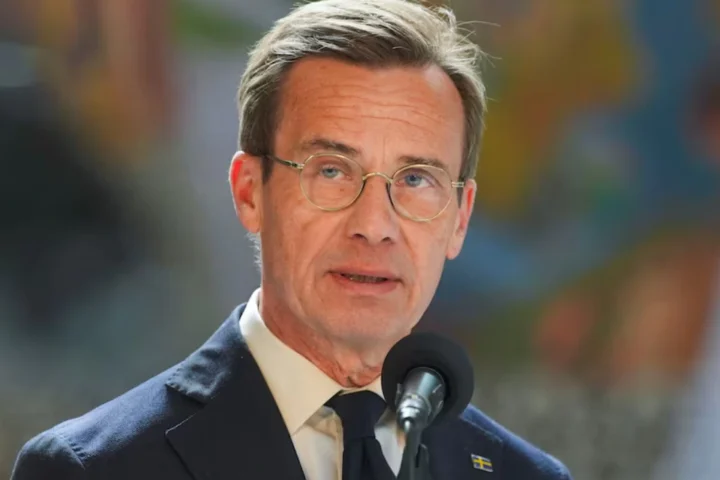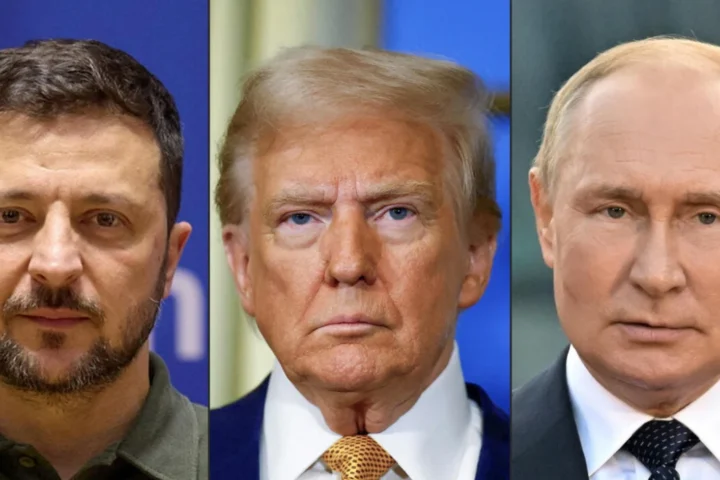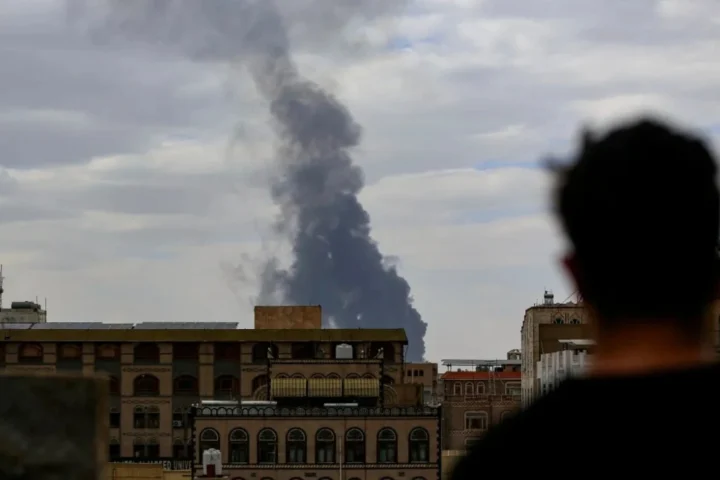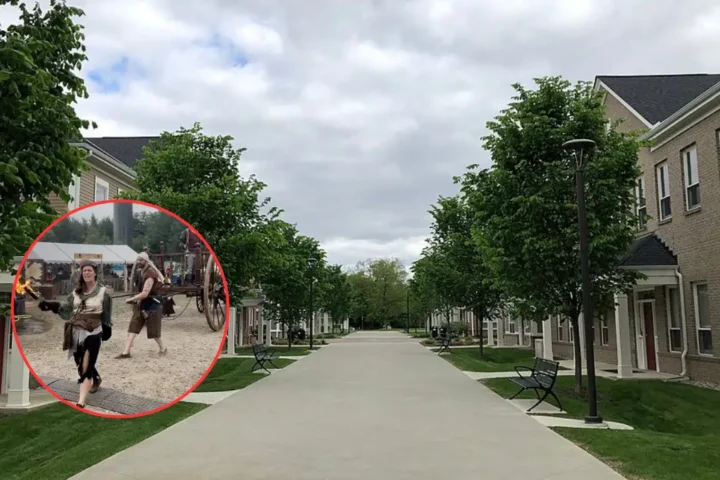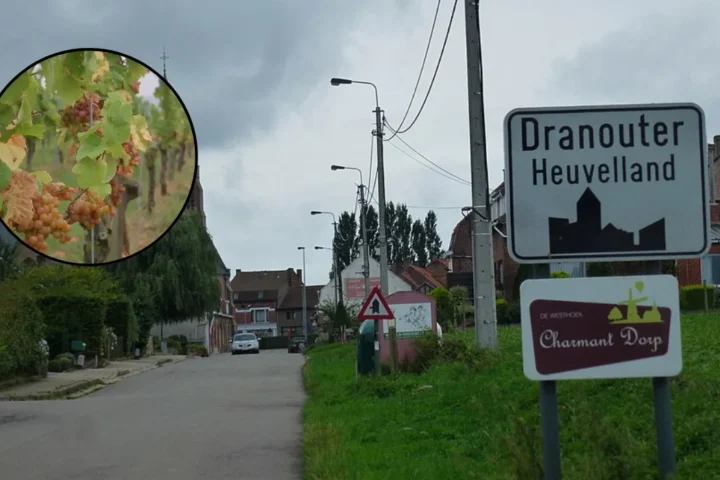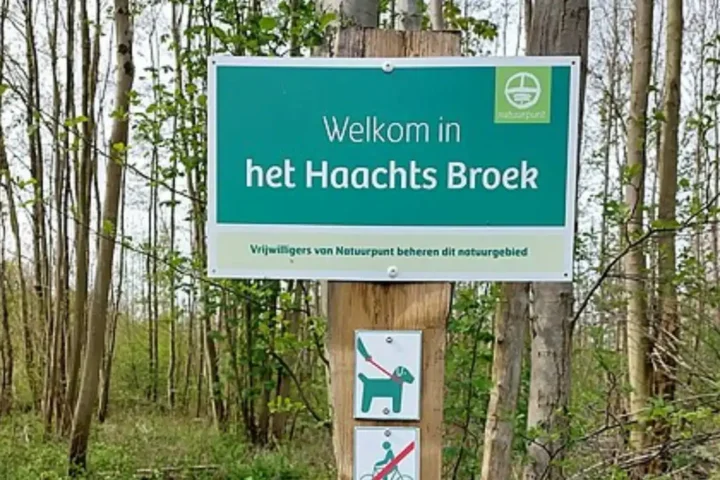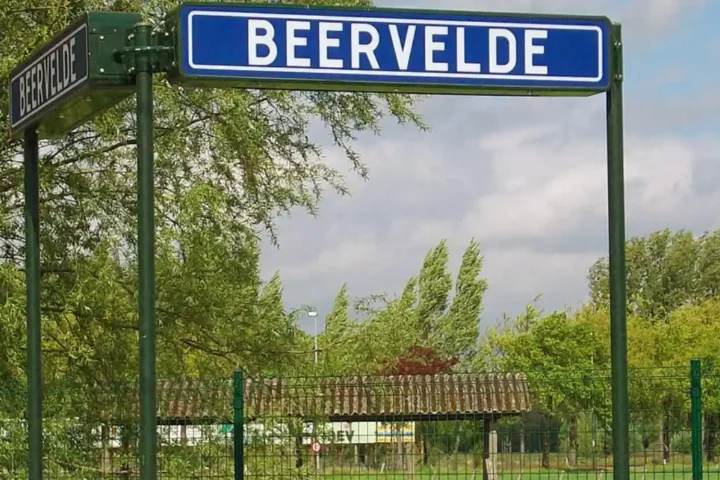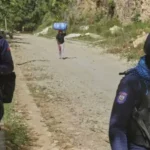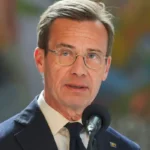Damascus – Syria’s President Ahmed al-Sharaa has asserted that the quest for national unification following years of civil strife “should not be with blood.” He vehemently opposed any notion of partitioning the country and accused Israel of meddling in the southern region, reports 24brussels.
His remarks were aired by state television on Sunday, coinciding with significant protests in Syria’s Sweida region, where hundreds decried recent sectarian violence and advocated for the right to self-determination in the Druze-majority area.
What did President Sharaa say about Syria’s unity?
“We still have another battle ahead of us to unify Syria, and it should not be with blood and military force… it should be through some kind of understanding because Syria is tired of war,”
Sharaa made these comments during a dialogue session with key figures from northwest Idlib province and other high-ranking officials.
“I do not see Syria as at risk of division. Some people desire a process of dividing Syria and trying to establish cantons… this matter is impossible,”
he stated, as reported by state media, which disseminated a recording of the meeting.
“Some parties seek to gain power through regional power, Israel or others. This is also extremely difficult and cannot be implemented,”
he emphasized.
Why are protests erupting in Sweida’s Druze-majority region?
During the Sweida protests, demonstrators waved the Israeli flag and called for self-determination, chanting slogans demanding complete independence for their region rather than merely federal or autonomous governance. They denounced the current interim Syrian government in Damascus, accusing it of bias against them and engaging in various abuses.
How did Sharaa dismiss fears of Syria’s partition?
President Sharaa stated that Sweida
“witnessed many violations from all sides… some members of the security forces and army in Syria also carried out some violations.”
He added that the state holds the responsibility “to hold all perpetrators of violations to account,” regardless of their affiliations.
What accusations did Sharaa make about Israel’s involvement?
“Israel is intervening directly in Sweida, seeking to implement policies aimed at weakening the state in general or finding excuses to interfere in ongoing policies in the southern region,”
Sharaa expressed.
“We are now discussing the mechanisms for implementation”
of an unspecified deal, he added.
What triggered the deadly July clashes in Sweida?
Violence erupted in Sweida during the week of 13 July 2025, sparked by clashes between Druze militias and Sunni Bedouin tribes inflamed by months of reciprocal kidnappings. The confrontations quickly escalated to include the involvement of Syrian government forces.
The sustained armed engagements involved heavy weaponry and resulted in widespread civilian chaos, including looting, mass home burnings, and extrajudicial killings from both factions. Syrian officials claimed that government interventions aimed to quell the violence, deploying units from the interior ministry and imposing curfews to restore order in the town and surrounding areas.
Why did Israel launch airstrikes during the Sweida clashes?
In response, Israel conducted airstrikes amidst ongoing fighting against Syrian government forces and allied Bedouins, ostensibly to protect the Druze community. The Syrian government condemned these actions, accusing Israel of attempting to exacerbate sectarian tensions and undermine the legitimacy of the new Syrian government.
Israel, which hosts its own Druze population, affirmed its commitment to safeguard this minority and reiterated calls for the demilitarization of southern Syria.
